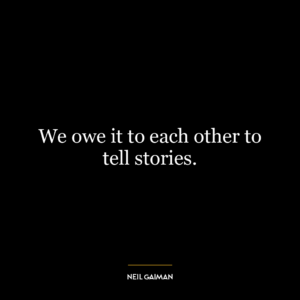This quote, "It’s always too late for sorries, but I appreciate the sentiment," encapsulates a profound understanding of human nature and the dynamics of relationships. On the surface, it implies that once an action is done, an apology, no matter how sincere, cannot undo the consequences. However, it also acknowledges the value of the sentiment behind the apology, suggesting a nuanced understanding of human interactions and emotions.
The phrase "It’s always too late for sorries" reflects the harsh reality that actions have consequences which can’t be undone. Once trust is broken, a mistake is made, or harm is done, saying ‘sorry’ doesn’t erase the action or its effects. It’s a reminder of the importance of thinking before acting, as some actions can have irreversible implications.
However, the second part of the quote, "but I appreciate the sentiment," brings in a softer perspective. It suggests that while an apology might not change the past, it still holds value. This sentiment can be a sign of remorse, an indicator of personal growth, and a step towards reconciliation. It shows the person’s willingness to accept their mistake and learn from it.
In today’s world, this quote can be applied in various contexts. In personal relationships, it emphasizes the importance of being mindful of our actions towards others. It encourages us to act with kindness and consideration, understanding that once something is done, it can’t be undone.
In the context of personal development, the quote can serve as a reminder that growth comes from acknowledging our mistakes, learning from them, and making amends where possible. Even if the action can’t be undone, the sentiment of remorse and the desire to do better can be a powerful catalyst for personal growth and transformation.
Furthermore, in a broader societal context, this quote can be a commentary on accountability. It highlights the importance of taking responsibility for our actions and their impacts, even when they can’t be reversed. It calls for a culture that values remorse, learning, and growth over denial and defensiveness.











